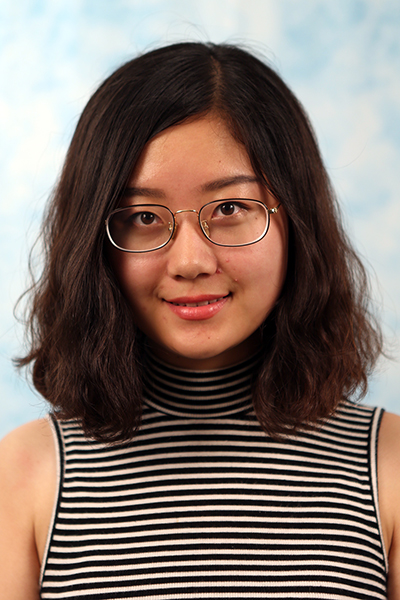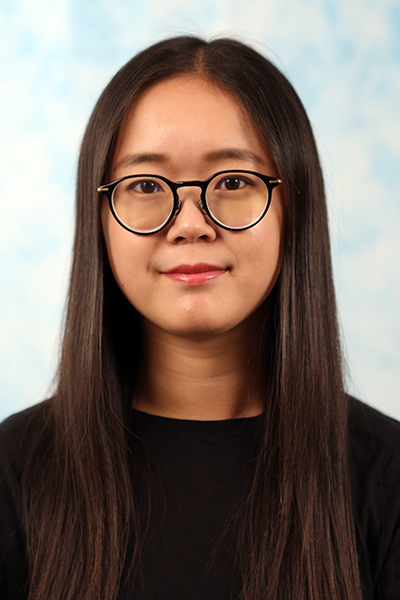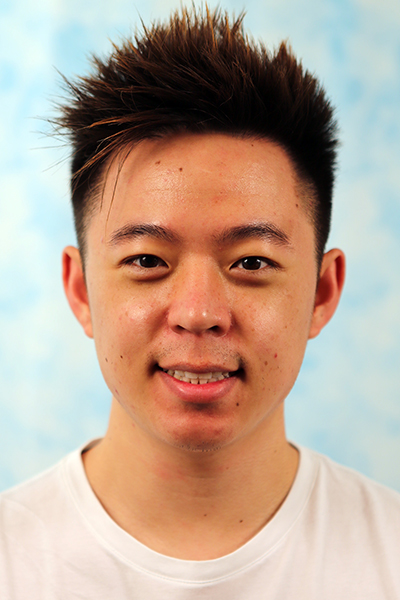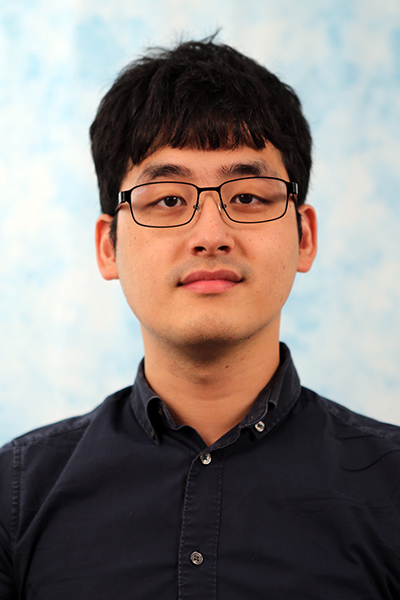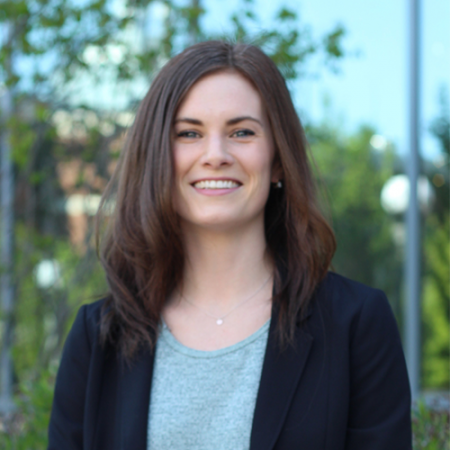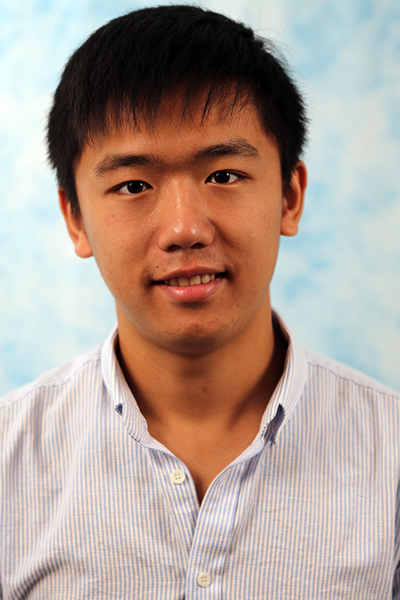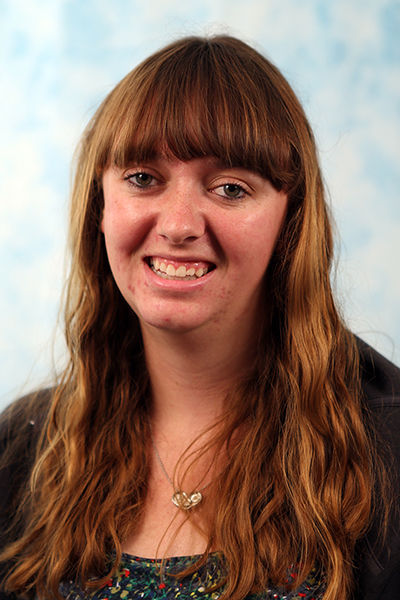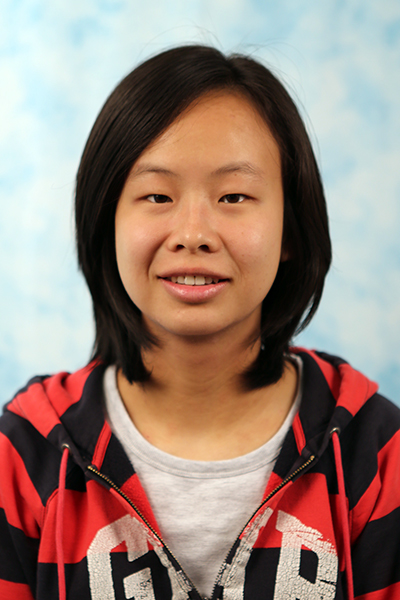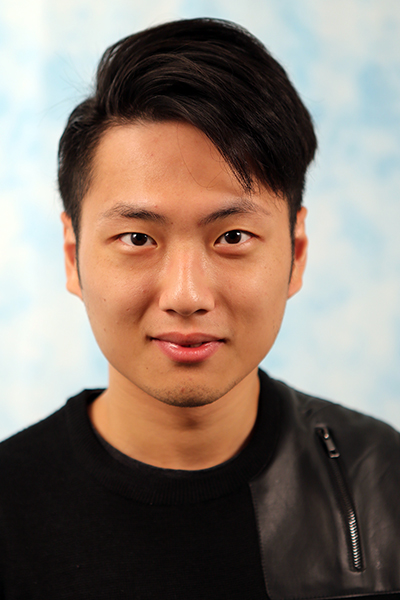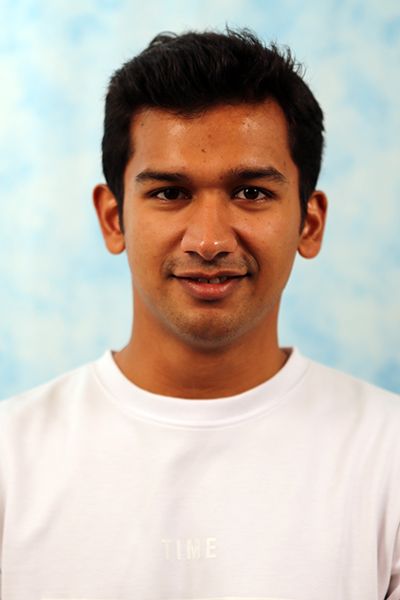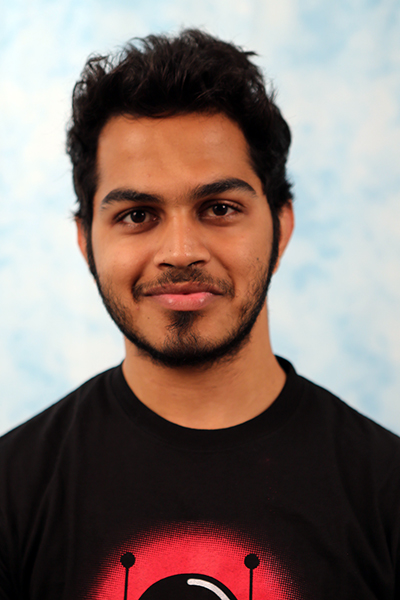Carnegie Mellon University
Towards Understanding and Mitigating Biases
Abstract: There are many problems in real life that involve collecting and aggregating evaluation from people, such as conference peer review and peer grading. In this thesis, we consider multiple sources of biases that may arise in this process: (1) human bias -- the data collected from people are noisy and reflect people's calibration criteria [...]
Toward Intent Recognition through Nonverbal Behaviors in Assistive Co-Manipulation
Abstract: Robots are becoming more versatile, increasing the available opportunities to use them in situations that aid people in everyday tasks. For example, recent research has investigated robot manipulators for assisting people with motor impairments in activities of daily living such as eating a meal. To form successful collaborations in these interactions, researchers need to [...]
Carnegie Mellon University
Anqi Yang – MSR Thesis Talk
Title: 3D Object Detection from CT Scans using a Slice-and-fuse Approach Abstract: Automatic object detection in 3D X-ray Computed Tomography imagery has recently gained research attention due to its promising applications in aviation baggage screening. The huge dimension of an individual 3D scan, however, poses formidable computational challenges when coupled with deep 3D convolutional [...]
Carnegie Mellon University
Tian Ye – MSR Thesis Talk
Title: Interpretable Intuitive Physics Model Abstract: Humans have a remarkable ability to use physical commonsense and predict the effect of collisions. But do they understand the underlying factors? Can they predict if the underlying factors have changed? Interestingly, in most cases humans can predict the effects of similar collisions with different conditions such as changes [...]
Carnegie Mellon University
Rotational Distributions for Pose Estimation
Abstract: For robots to operate robustly in the real world, they should be aware of their uncertainty, particularly when estimating the position and orientation, or pose, of objects. This uncertainty can be caused by many factors, such as occlusions, poor lighting, or object symmetry. These factors can naturally induce an inherent ambiguity in terms of [...]
Carnegie Mellon University
Hunter Goforth – MSR Thesis Talk
Title: Learning for Registration in 2D and 3D Abstract: We explore the application of deep learning to 2D (image) and 3D (point cloud) registration, especially in scenarios where traditional methods can fail. In the 2D case, we apply a recently-proposed learning method to the problem of aligning outdoor imagery taken across different seasons or [...]
Carnegie Mellon University
Manipulation Planning using Pushing or Pulling Primitives
Abstract: Humans manipulate objects using a wide range of actions, such as grasping, pushing, pulling, in-hand rolling, and more. This observation has lead to much research about modeling and learning individual manipulation actions. To better understand the impact of action models on planning and executing manipulation actions, we applied manipulation planning with pushing and pulling [...]
Event Cameras: Image Reconstruction, Convolutions and Color
Abstract: Event cameras are novel, bio-inspired visual sensors, whose pixels output asynchronous and independent timestamped spikes at local intensity changes, called ‘events’. Event cameras offer advantages over conventional frame-based cameras in terms of latency, high dynamic range (HDR) and temporal resolution. Event cameras do not output conventional image frames, thus, image reconstruction from events enables [...]
Yeeho Song – MSR Thesis Talk
Title: Inverse Reinforcement Learning for Autonomous Ground Navigation Using Aerial and Satellite Observation Data Abstract: Inverse Reinforcement Learning(IRL) is a supervised learning paradigm where a learner observes expert demonstrations to learn the hidden cost function to mimic the expert's behavior. Eliminating the need for elaborate feature engineering, deep IRL approaches have been gaining interests [...]
From Farm to Takeoff: Ground and Aerial Robots for Biological Systems Analysis
Abstract: Biological and agricultural environments are dynamic, unstructured, and uncertain, posing challenges for environmental data collection at the necessary spatial and temporal scales to enable meaningful systems analysis. Small unmanned systems, however, can overcome some of these challenges by enabling autonomous or human-assisted image-based and in situ environmental data collection. This talk will present a suite of [...]
Carnegie Mellon University
Satyaki Chakraborty – MSR Thesis Talk
Title: Detecting objects in videos under occlusion Abstract: While object detection in videos has received a lot of attention in the past few years, most existing methods in this domain do not target detecting objects when they are occluded. However, being able to detect or track an object of interest through occlusion has been [...]
Carnegie Mellon University
MSR Thesis Talk – Junjiao Tian
Title: Detailed Image Captioning with Hierarchical Attention Abstract: Automatic image description is the task of generating a natural sentence which reflects the visual content of an image. A lot of deep learning architectures have been explored in the past few years. While researchers have made great improvement on generating syntactically correct sentences by learning from [...]
Carnegie Mellon University
Analysis of Spatio-Temporally Varying Features in Optical Coherence Tomographic (OCT) and Ultrasound (US) Image Sequences
Abstract: Optical Coherence Tomography (OCT) and Ultrasound (US) are non-ionizing and non-invasive imaging modalities that are clinically used to visualize anatomical structures in the body. OCT has been widely adopted in clinical ophthalmology due to its micron-scale resolution to visualize in-vivo structures of the eye. Ultra-High Frequency Ultrasound (UHFUS) captures images of tissue at a [...]
Carnegie Mellon University
MSR Thesis Talk – Karen Orton
Title: Inching for Planetary Rovers Abstract: . Inching, also called push-rolling, is method of moving for vehicles that can change the position of their wheels relative to their body. Like an inchworm, it is possible to hold some wheels stationary while advancing the others and the body. In this research a test apparatus capable [...]
RI Faculty Social
All Robotics Institute faculty are invited to attend this informal team-building business/social event. Beverages and snacks will be provided.
Sha (Yisha) Yi – MSR Thesis Talk
Title: Improving Scalability in Multi-Robot Systems with Abstraction and Specialization Abstract: Planning and controlling multi-robot systems is challenging due to high dimensionality. When the number of robots increases in the system, the complexity of computation grows exponentially. In this thesis, we examine the scalability problem in planning and control of the multi-robot system. We propose [...]
Carnegie Mellon University
MSR Thesis Talk – Andy (Chieh-En) Tsai
Title: A Generative Approach for Socially Compliant Navigation Abstract: Robots navigating in human crowds need to optimize their paths not only for the efficiency of their tasks performance but also for the compliance to social norms. One of the key challenges in this context is due to the lack of suitable metrics for evaluating and [...]
Carnegie Mellon University
Shubham Agrawal – MSR Thesis Talk
Title: 3D Face Geometry Capture Using Monocular Video Abstract: Accurate reconstruction of facial geometry has been one of the oldest tasks in computer vision. Despite being a long-studied problem, many modern methods fail to reconstruct realistic looking faces or rely on highly constrained environments for capture. High fidelity face reconstructions have so far been [...]
Carnegie Mellon University
Tejas Khot – MSR Thesis Talk
Title: Unsupervised Learning for 3D Reconstruction and Blocks World Representation Abstract: Recovering the dense 3D structure of a scene from its images has been a long-standing goal in computer vision. Recent years have seen attempts of encoding richer priors into the geometry-based pipelines with the introduction of learning based methods. We argue that the form of 3D [...]


